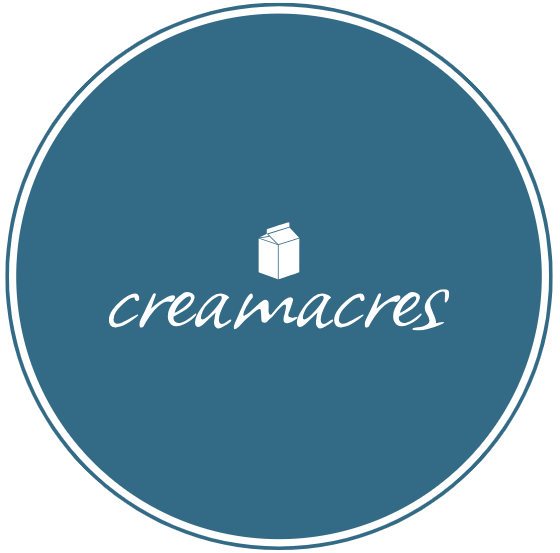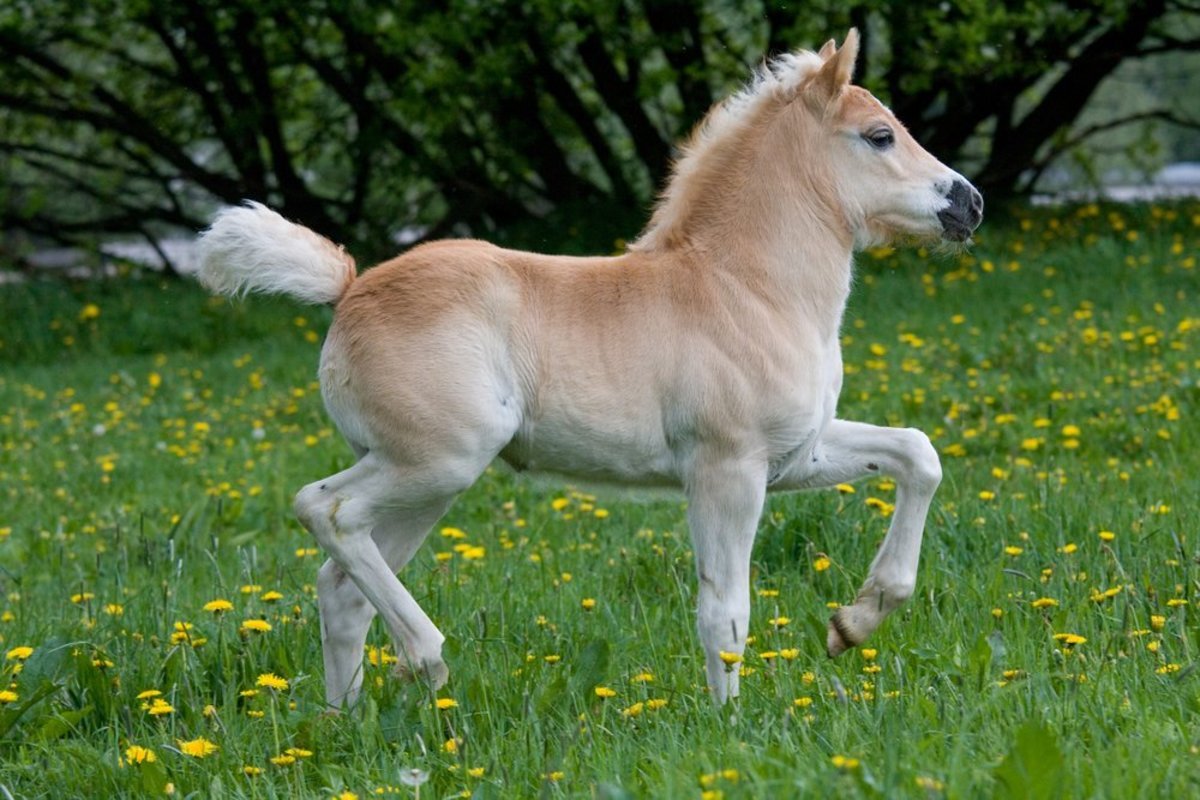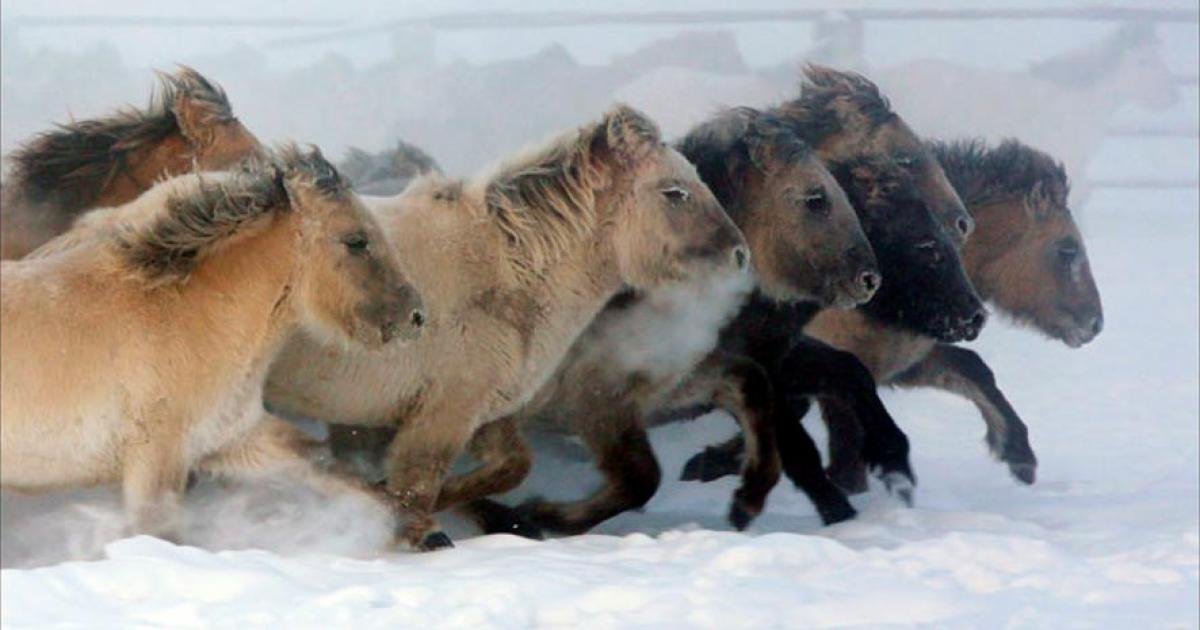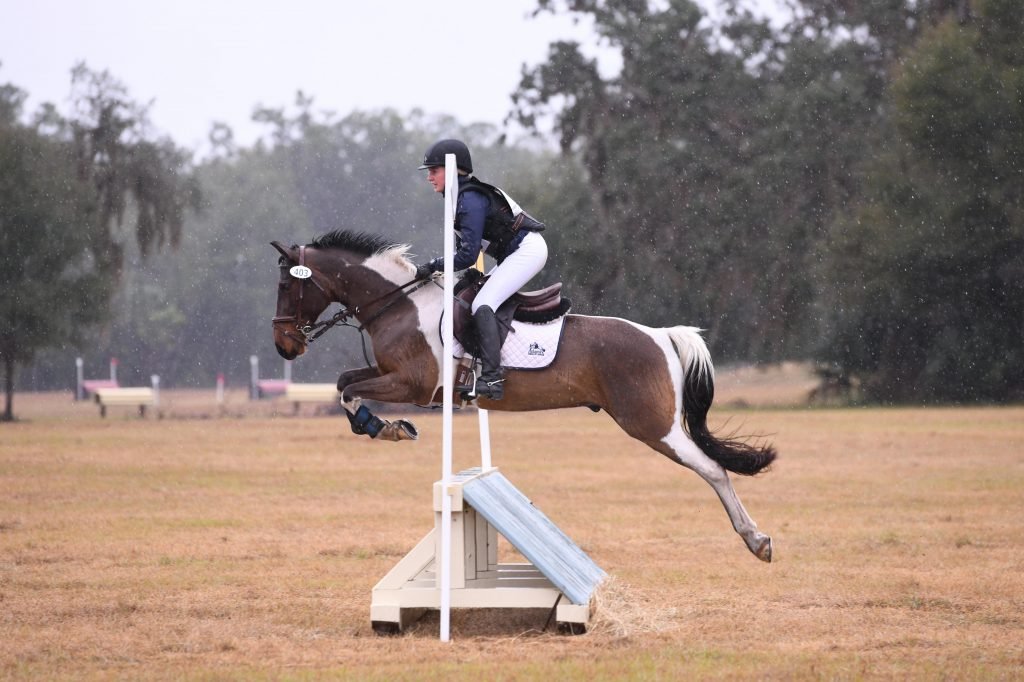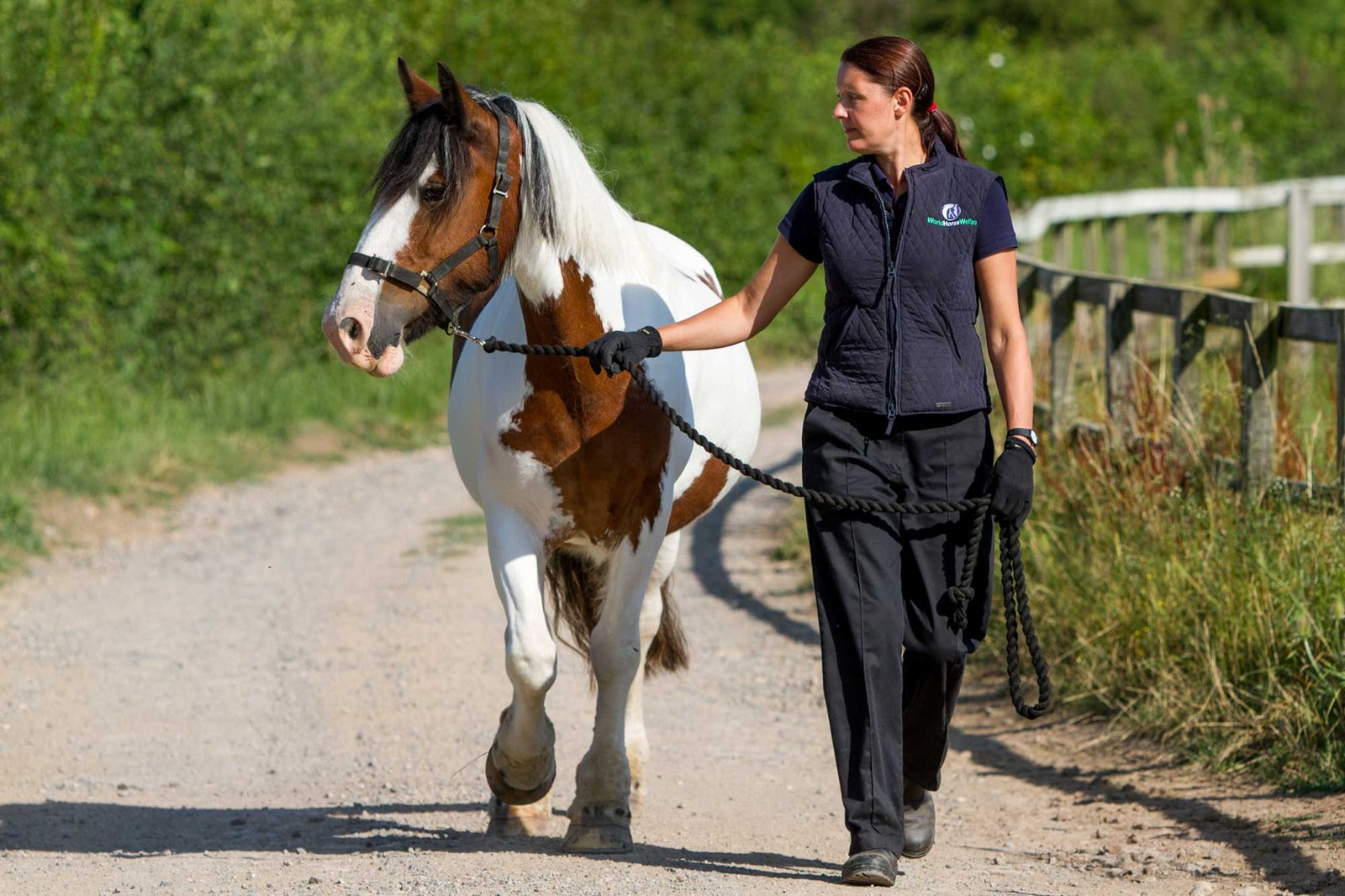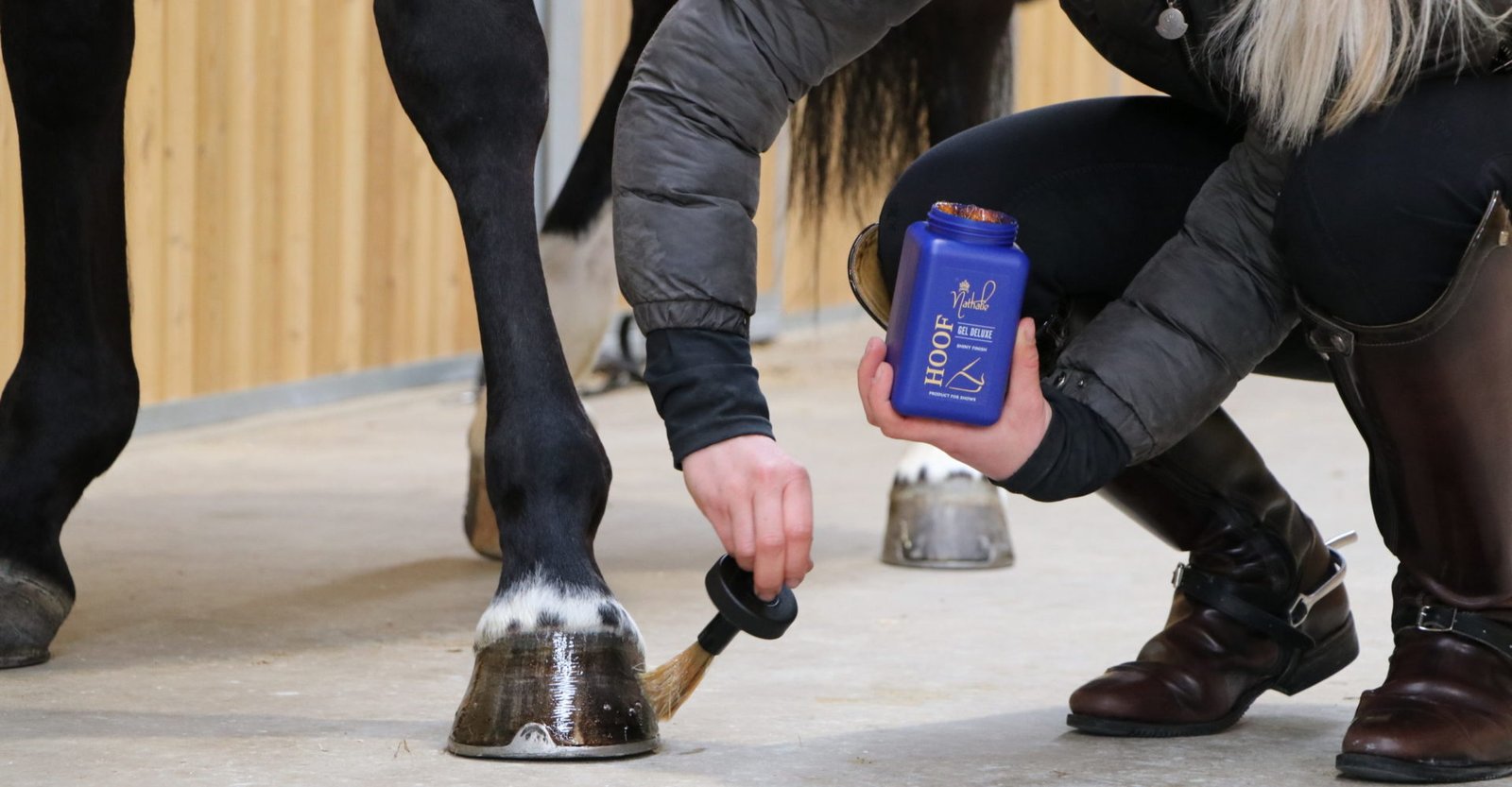Owning a pony comes with rewarding responsibilities that require time, patience, and knowledge. Proper grooming and feeding are integral to maintaining your pony’s health and happiness. This guide will walk you through essential care tips to ensure your pony thrives under your care.
Grooming Your Pony: The Basics
Regular grooming is vital for your pony’s hygiene, comfort, and overall health. Grooming not only keeps their coat clean but also allows you to monitor their skin, detect any injuries, and bond with your pony.
1. Tools You’ll Need
- Curry Comb: Loosens dirt and hair while stimulating circulation.
- Hard Brush: Removes dirt and debris from the coat.
- Soft Brush: Ideal for sensitive areas like the face.
- Hoof Pick: Clears out mud and debris from hooves.
- Mane and Tail Comb: Keeps the mane and tail tangle-free.
2. Grooming Steps
- Start with the Curry Comb: Use circular motions to loosen dirt and hair from your pony’s coat.
- Brush the Coat: Use the hard brush to sweep away loosened debris, followed by the soft brush for a polished finish.
- Check the Hooves: Use a hoof pick to clean out each hoof, checking for stones, cracks, or signs of infection.
- Detangle the Mane and Tail: Gently comb through to remove knots, starting from the ends and working your way up.
3. Grooming Frequency
- Groom your pony daily if possible, especially before and after riding.
- Focus on thorough cleaning during seasonal coat changes to prevent matting and shedding discomfort.
Feeding Your Pony: Nutritional Essentials
A well-balanced diet is key to maintaining your pony’s energy levels, weight, and overall health. Ponies have unique dietary needs compared to larger horses due to their size and metabolism.
1. Core Components of a Pony’s Diet
- Forage: Grass and hay should make up the bulk of your pony’s diet. High-quality hay is especially important when pasture access is limited.
- Concentrates: Feed grains and pellets sparingly, as ponies can easily gain excess weight.
- Fresh Water: Always provide clean, fresh water to keep your pony hydrated.
2. Supplements
Ponies often don’t require additional supplements if they have access to good-quality forage. However, consult a veterinarian to address specific needs like:
- Vitamins and minerals for deficiencies.
- Salt blocks to ensure adequate sodium intake.
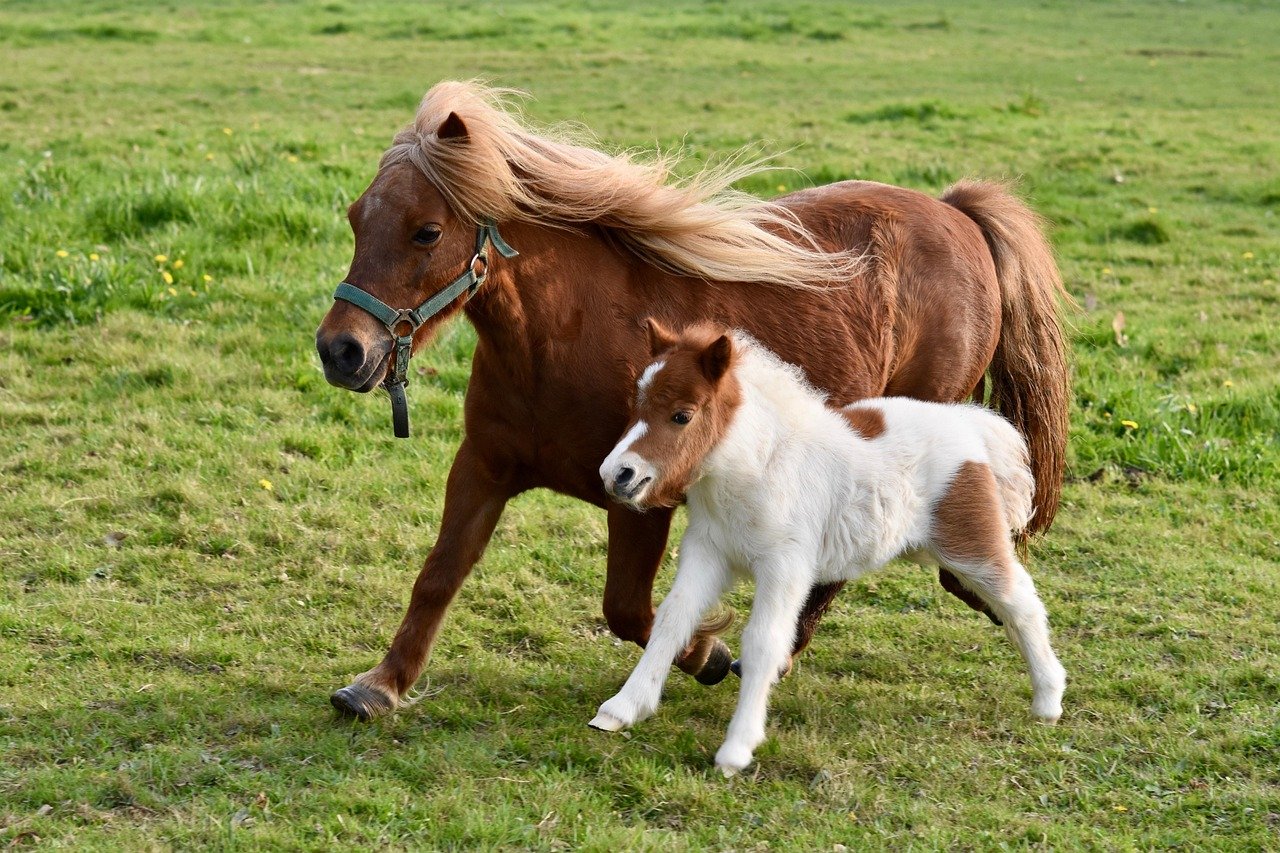
3. Feeding Guidelines
- Portion Control: Avoid overfeeding; ponies are prone to obesity and related health issues.
- Scheduled Meals: Feed small amounts multiple times a day instead of one large meal.
- Monitor Body Condition: Adjust feeding based on your pony’s weight, age, and activity level.
Common Feeding Mistakes to Avoid
- Overfeeding Grain: Excess grain can lead to colic or laminitis.
- Sudden Diet Changes: Always transition gradually to new feeds to prevent digestive upset.
- Neglecting Dental Care: Regular dental check-ups ensure your pony can chew forage effectively.
Health Checks During Grooming and Feeding
Both grooming and feeding offer opportunities to assess your pony’s health. Keep an eye out for:
- Skin Issues: Check for rashes, swelling, or signs of parasites.
- Weight Changes: Monitor for weight gain or loss, adjusting feeding as needed.
- Behavioral Changes: Look for signs of discomfort, such as reluctance to eat or be groomed.
Seasonal Care Tips
1. Winter
- Increase forage to help maintain body heat.
- Groom thoroughly to prevent mud build-up and monitor for skin conditions like rain rot.
2. Summer
- Provide shade and ensure constant access to water.
- Use fly spray or protective sheets to minimize irritation from insects.
Building a Bond Through Care
Caring for your pony is more than a chore—it’s an opportunity to strengthen your relationship. Regular grooming sessions help your pony feel comfortable and loved, while consistent feeding routines build trust.
Conclusion
Proper grooming and feeding practices are essential for a pony’s health and happiness. By following these tips, you can ensure your pony remains in top condition, ready for rides, companionship, and the joy they bring to your life. A healthy pony is a happy pony, and your efforts will make all the difference in their well-being.
